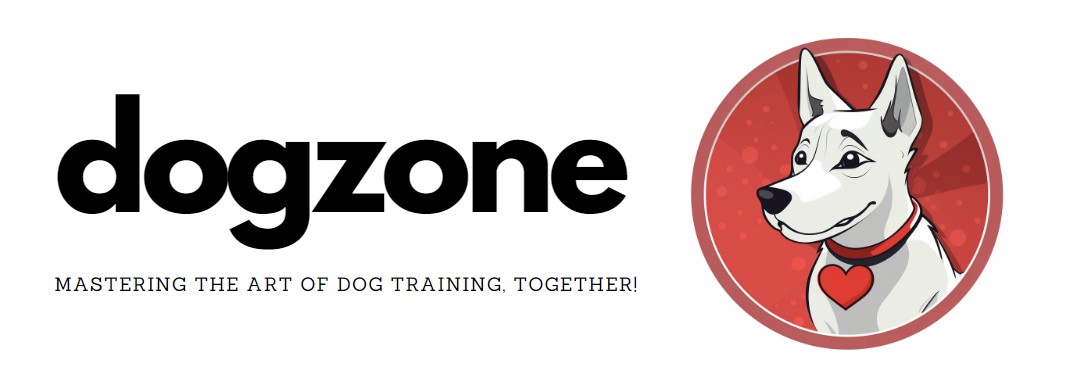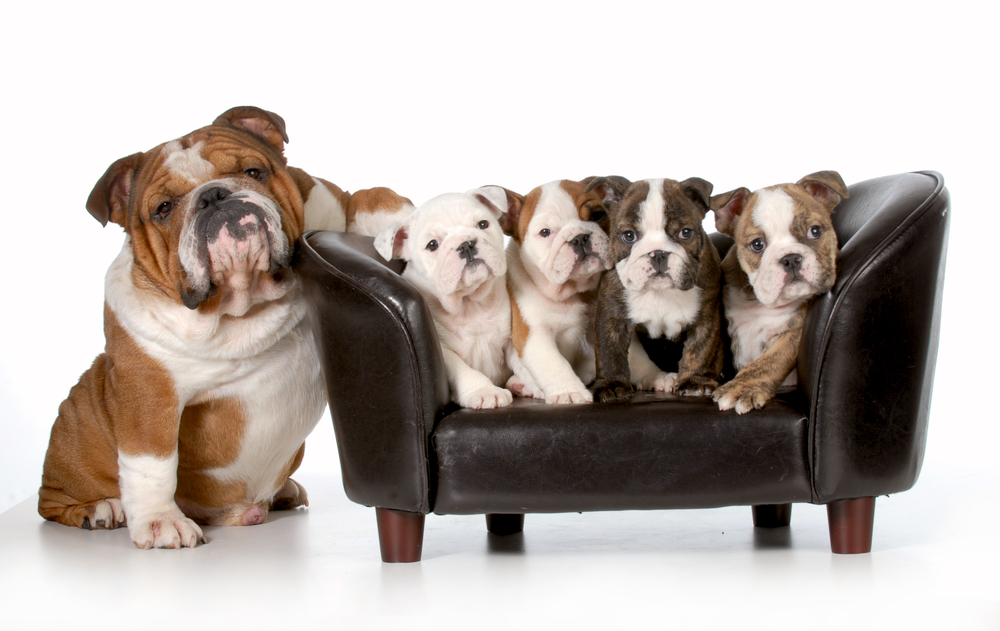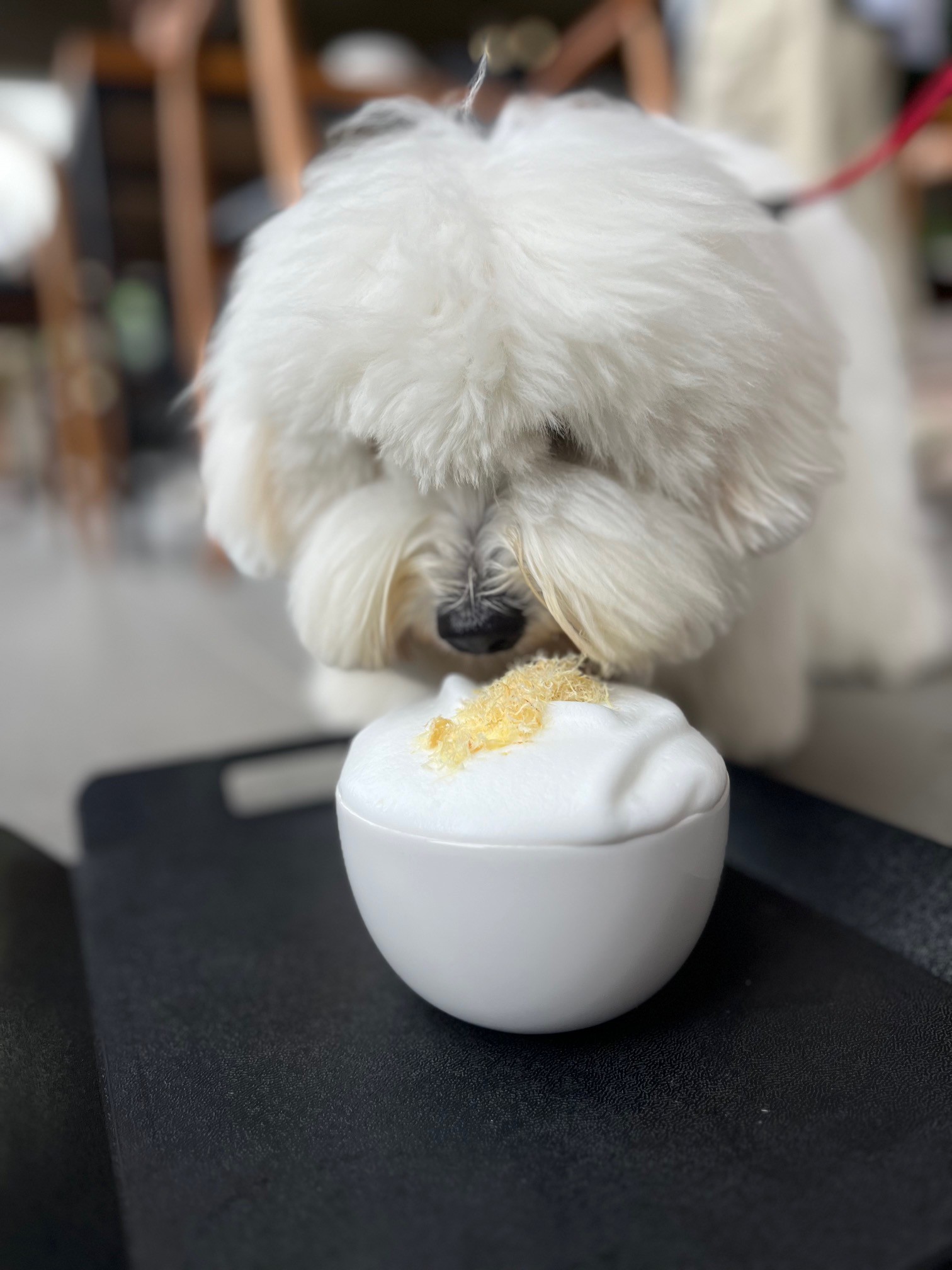As puppies, runts face particular challenges in development that can be big obstacles for their future owners.
Since runts are often (but not always) smaller than other dogs in the litter, they may have health issues which complicate their ability to become well-adjusted.
These dogs often need increased emotional support and struggle when socialising with other puppies within the litter, and although you will monitor the growth of all pups it is possible you will need to supplement her food intake.
Being a runt isn’t a bad thing, however. Many runts can become wonderful pets for some families, and may in fact be the cutest, sweetest dog of them all. With proper attention and care, runts can grow up to be as strong, healthy, and happy as the other pups in the litter.
Runt puppies can have a particular look about them which is very attractive, especially to younger children. Especially when they are smaller in size with puppy eyes which say “I need your attention”.
Families who are looking for a smaller dog breed might choose a runt from a litter of a friendly breed instead of selecting a characteristically small “toy breed.” However, there are some issues surrounding the emotional health and socialisation of a runt which may need your special attention.
For example, runt puppies have been documented to feel an increased sense of abandonment throughout their lifetime, starting with rejections from their mother and other puppies within the litter.
Often, the runt will continue to stay small since other dogs will refuse it the opportunity to eat enough food, and the dog may be excluded from playtime from other puppies due to its size.
The science behind this behaviour supports this sad pattern of exclusion. Runts are not a genetic defect, but rather occur through the development within the mother’s uterus, often growing squished in a “Y pattern” between other puppies that are afforded more space in the womb.
While they grow, runts are the furthest from accessing the blood supply and nutrition afforded through the mother in their prenatal development. Particularly in larger litters who fight for breast milk.
The mother, in an attempt to promote survival of her children, will generally provide more attention, love, support, and nutrition to the puppies that have a better chance at health because of their size.
Once the runt is born, it is often the last to feed on the mother’s milk, which contains colostrum – a fluid rich in antibodies which helps boost the immune systems of the younger puppies.
A careful and considerate dog owner will make sure any runts will have access to the exercise and nutrition necessary to support their development, and will foster inclusive behaviours among the mother and all other puppies within the litter.
A special bowl of dog food should be available to only the runt of the litter, especially if the other dogs push the runt away from the bowl – offering him the nutrition that he needs.
Increased attention should be given to the runt if it is unfortunately facing exclusion from its brothers and sisters. If the puppy does not have access (or has limited or reduced access) to the mother’s milk and the colostrum it contains, purchase a special nutrition formula made especially for young dogs, and feed it directly to the puppy.
What health risks can affect the runt of a litter?
Caring for runts is critical at the early stages of a puppy’s life, and sometimes without supplemental feeding and care they have a higher risk of malnutrition.
Without proper care a runt may face having weak bones due to lack of calcium and other nutrients that are critical for proper bone marrow development. The brand of puppy milk may also be a factor, with brands varying in quality.
Australian website Pet Food Reviews discusses how some breeders fail to understand the difference between a puppy milk replacer and a puppy milk treat, the latter not being formulated to support growth or even health. This may mean some runts are raised on a mix of water, milk, and sugar.
Without the antibodies contained in colostrums, runts can catch colds frequently and lack the immune system support to fight off germs. However, constant care and attention from the owner and a veterinarian can keep your puppy healthy and allow it to develop into a strong and happy adult dog.
If you have any questions about whether your family can handle raising a runt puppy, or you would like more information about how to better support your runt through its development, you can speak to specialists from pet adoption groups and shelters who have particular expertise in helping runts adjust after birth.
Through regular check-ups with a veterinarian, you can be sure to monitor the progress of your runt puppy throughout his development and engage in preventative care that will combat many of the risks that your dog will face.
If you feel uncertain, consider how many very healthy runts there are out there in the world. Millions!



Leave a Reply